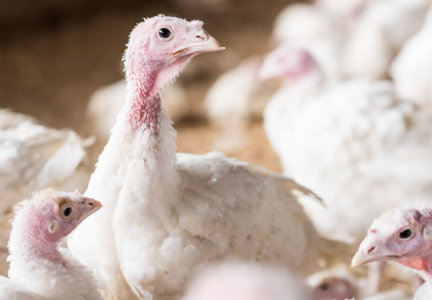A technology that was primarily used to record the use of cryptocurrency is now being seen as a way to inject trust into a wide range of uses.
In an age where trust is in short supply and where data breaches seem to be occurring on a frighteningly regular basis, businesses of all kinds are looking to the use of blockchain technology to re-instill trust and transparency in every transaction.
Originally devised to allow for the use of bitcoin as a currency, this technology can be used for much simpler applications. Described as a distributed open ledger, blockchain technology allows information to be distributed to, but not copied by, a wide range of people. It is essentially a chain of blocks, where each block is essentially an individual record of some action taken. That record is then cryptographically locked and date and time stamped so that it cannot be tampered with or removed. I don’t necessarily understand how the cryptography works, but the idea of a record not being able to be changed or deleted certainly appeals to me.
For those in the food and agriculture industries, the ability to know each step of the product’s journey in the supply chain is incredibly valuable, especially when you consider how many different entities figuratively touch the product on its journey. As an example of that, Business Insider briefing last month notes, “companies can make food tracking data stored in a blockchain ledger easily available to regulatory auditors to confirm they are properly following food safety regulations, cutting time and costs spent on compliance.”
Now Cargill is testing this technology for consumers of their Honeysuckle White brand turkey, raised on specific Texas farms, for Thanksgiving. The company will use blockchain technology to allow customers to track the turkey they buy all the way back from the grocery where they buy the bird to the processing plant to the farm where it originated. Each turkey would have a code on its packaging that customers can text to follow their Thanksgiving meal’s journey, locked block by locked block.
Rather than just offering data, Cargill’s blockchain will also include photos of the turkey and the farm where it was raised along with comments from the farmer. Cargill undertook this project after noting that, according to a Nielsen study, 73 percent of consumers surveyed react more positively to companies that are transparent regarding the origin and sourcing of their products. Blockchain offers full transparency and the fact that each piece of data cannot be changed or deleted enables customers to trust the information provided.
Although this test is specifically directed to consumers, there is little doubt that blockchain technology can prove enormously helpful in a global economy, where businesses deal with multiple suppliers who themselves deal with multiple sub-contractors. Blockchain may have started out as a cryptocurrency ledger, but its use is growing exponentially.
Who knows, maybe next year, we’ll all be asking, “Can I track my turkey?”





